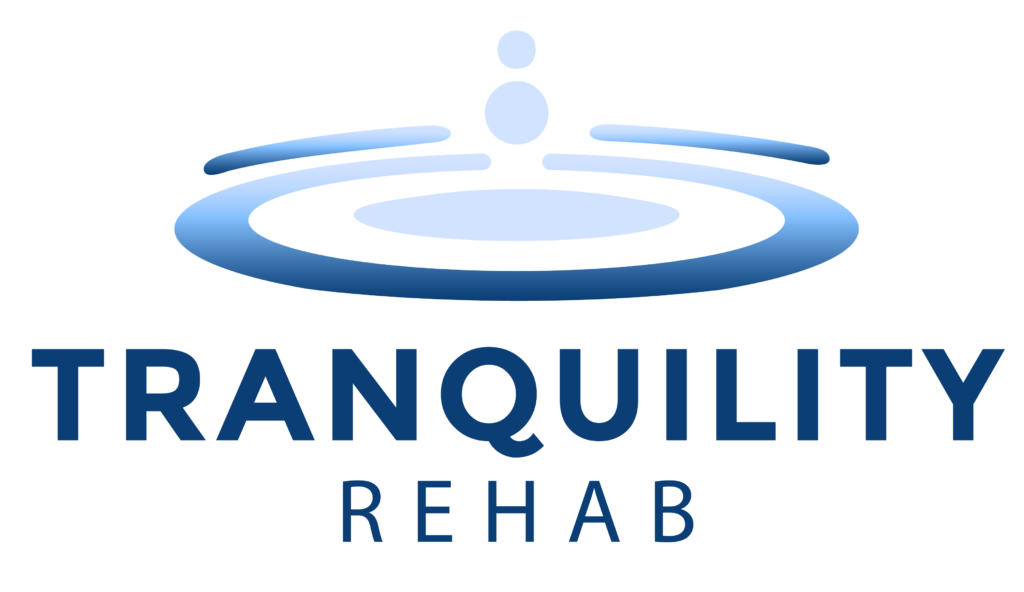Transitioning into adulthood can be an emotional time, sometimes the ups and downs have a deeper meaning. Millions of young adults struggle with mental or substance use disorders, and many of them are either unaware of their condition or are ignoring the warning signs and delaying getting treatment.
It’s crucial to keep in mind that asking for assistance is a common occurrence in life, and you shouldn’t ever feel as though you have to face the world alone. There are options available to help if you are worried that you or someone in your life may be abusing alcohol, or drugs, or struggling with a mental condition.
Understanding Mental Health and Substance Abuse in Teens
Teenagers are one of the most vulnerable age groups when it comes to mental health and substance abuse issues. Transitioning into adulthood can be an emotional time, sometimes the ups and downs have a deeper meaning. Millions of young adults struggle with mental or substance use disorders, and many of them are either unaware of their condition or are ignoring the warning signs and delaying getting treatment.
It’s crucial to keep in mind that asking for assistance is a common occurrence in life, and you shouldn’t ever feel as though you have to face the world alone. As teens grow and develop, they are exposed to a variety of stressors and pressures that can lead to unhealthy coping mechanisms. The use of drugs, alcohol, and other substances can be a way for teens to cope with stress, anxiety, depression, and other mental health issues. Unfortunately, this can lead to addiction that can be life-threatening and cause long-term damage to their health.
Signs of Substance Abuse in Teens
It is important for parents and other adults in teens’ lives to be aware of the signs of substance abuse in teens. Common signs can include:
- Changes in mood or behavior, such as irritability, aggression, or apathy.
- Changes in physical appearance or hygiene.
- Changes in academic performance.
- Withdrawal from family and friends.
- Poor decision-making.
- Secretive or suspicious behavior.
- Increased risk-taking behavior.
- Unexplained absences from school or work.
If you notice any of these signs in your teen, it is important to intervene as soon as possible. Substance abuse can lead to addiction, which can be very difficult to overcome without professional help.
Risk Factors for Substance Abuse in Teens
There are certain factors that can increase a teen’s risk of developing a substance abuse problem. These factors can include:
- A family history of substance abuse.
- Exposure to alcohol or drugs at a young age..
- Peer pressure.
- Concerns with one’s mental health, such as anxiety or depression.
- Stress.
- Trauma.
- Low self-esteem.
- Access to drugs or alcohol.
It is important for parents and other adults to be aware of these risk factors in order to help teens avoid substance abuse.
Prevention of Substance Abuse in Teens
Fortunately, there are steps that can be taken to help prevent substance abuse in teens. These steps can include:
- Talking to teens about drugs and alcohol and the dangers of substance abuse.
- Monitoring teens’ activities and curfews.
- Establishing clear rules and expectations regarding substance use.
- Encouraging teens to participate in activities that are drug and alcohol-free.
- Encouraging teens to spend time with peers who have similar values and interests.
- Encouraging teens to talk about their feelings and issues.
- Seeking professional help if necessary.
By implementing these prevention methods, parents and other adults can help teens stay away from drugs and alcohol and maintain healthy mental health.
Treatment for Substance Abuse in Teens
If your teen is struggling with substance abuse, it is important to seek professional help as soon as possible. Treatment for substance abuse in teens typically involves a combination of therapy, counseling, and medication. It may also involve attending a drug rehab center or recovery program. Treatment is usually tailored to the individual and may include individual counseling, family therapy, and group therapy.
At a drug rehab center or recovery program, teens will have access to a variety of services designed to help them recover from substance abuse. This may include medical care, psychological counseling, and support groups. Treatment also typically focuses on helping teens develop healthy coping skills, build self-esteem, and learn how to make positive decisions to prevent relapse.
Conclusion
Mental health and substance abuse are serious issues that can have a devastating impact on teens. It is important for parents and other adults in teens’ lives to be aware of the signs of substance abuse and the risk factors that can lead to it. By implementing prevention methods and seeking professional help if necessary, teens can get the help they need to recover from substance abuse and maintain healthy mental health.


